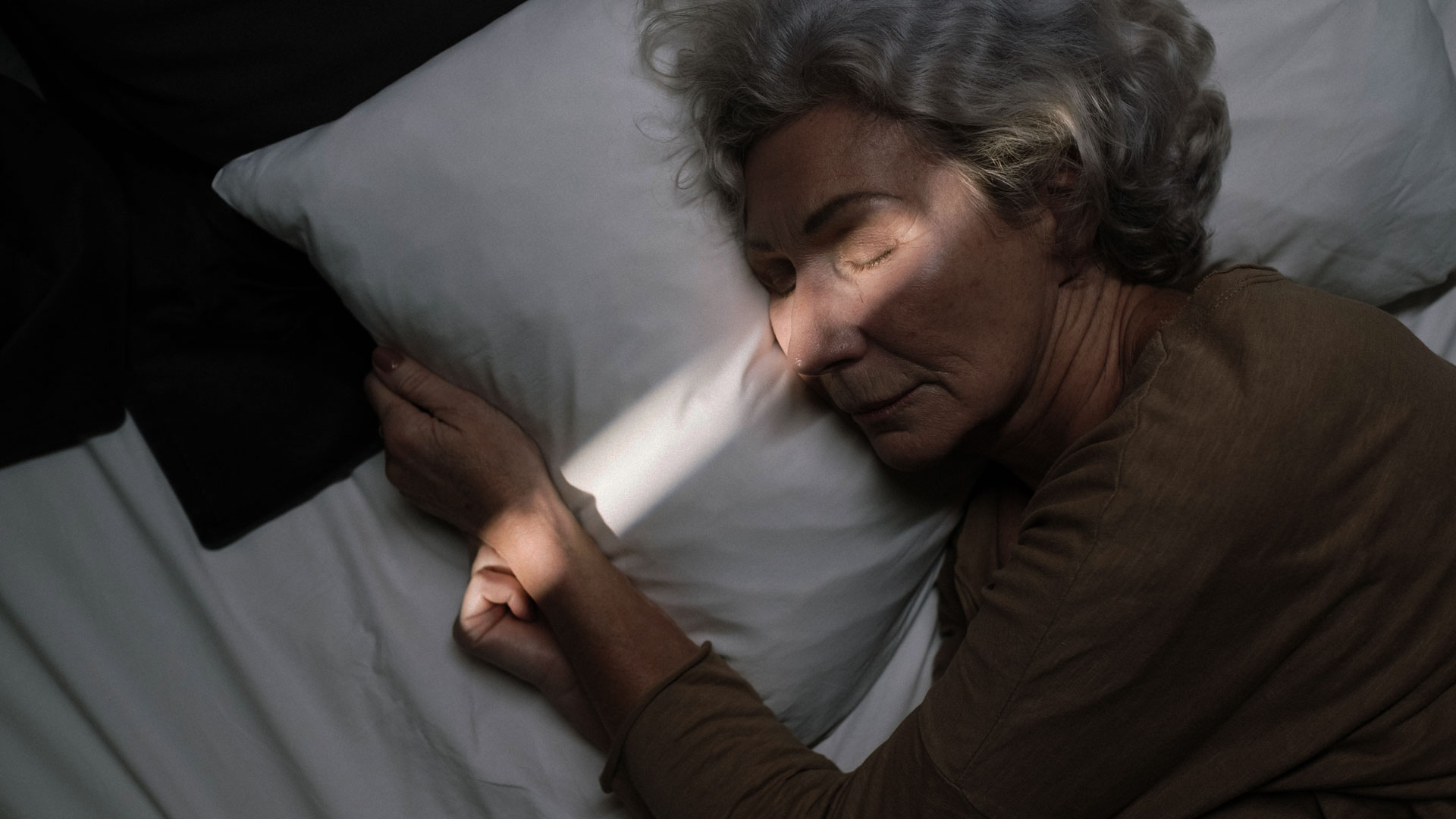How much sleep do over 60s need?
Do you really need less sleep as you get older? Here's everything you need to know


Get all the latest news, reviews, deals and buying guides on gorgeous tech, home and active products from the T3 experts
You are now subscribed
Your newsletter sign-up was successful
How much sleep do over-60s need? There's a pervasive belief that as you get older you tend to need less sleep; we all know senior citizens who are up with the lark every morning, hours before the rest of us struggle out of bed. But does this really mean that once you get past 60 or so you actually need less sleep?
You may be surprised to learn that this really isn't the case. In actual fact, all adults need more or less the same amount of sleep. While the amount can vary from person to person, we all need between seven and nine hours every night. (In fact, a recent large-scale study suggests seven hours is in fact the ideal amount.)
However as you get older, various factors can mean you don't actually get that amount of sleep every night. While it isn't necessarily something to worry about, there are some health issues that may be affecting the amount and quality of sleep you get at night, and beyond ensuring that you have the best mattress and best pillow, there are also various ways you can address these problems.
- 6 rules of great sleep hygiene, according to an expert
- 5 spring cleaning hacks that could improve your sleep
- 4 common sleep positions and what they do to your body
Why do older people sleep less at night?
The most common cause of older people getting less sleep at night is advanced sleep phase syndrome, which can shift your internal body clock, making you want to go to sleep – and wake up – earlier. However if you insist on staying up later, you may find that you still wake up earlier than you used to, and that lack of sleep can have knock-on effect: you need to nap more during the day and evening, and consequently you need to sleep less at night.
Classic insomnia can also be an issue for older people, and it can be caused by health issues, anxieties and concerns about aging, or because of medication. And other factors that can affect your sleep include sleep apnoea, restless legs syndrome and pain from age-related conditions such as arthritis, not to mention the increased need to get up in the night to go to the toilet.
However the bottom line is that despite all the factors that can rob you of a full night's sleep as you get older, the amount of sleep you actually need doesn't change, and if you're not getting enough there are various things you can try to improve matters.
Tips for sleeping better
By setting yourself a regular sleep schedule you can train yourself into healthier sleep habits, and similarly you should try to avoid naps, especially in the afternoon and evening. Other things you can try include not watching screens late at night or in your bedroom, and using low lighting in the evening.
Get all the latest news, reviews, deals and buying guides on gorgeous tech, home and active products from the T3 experts
Take a look at your diet too; avoid large meals close to bedtime, keep off the caffeine from late afternoon onwards, and remember that alcohol won't help you sleep better. And for more sleep tips, see our guide to 24 ways to improve your sleep.

Jim is a freelance writer who has been largely occupied with writing about the mattress industry for the past few years. Jim spent most of 2023 working as Sleep Editor on TechRadar and learning more about mattresses than they ever wanted to know. Jim has also covered graphic design, politics, films and web design, as well as writing promotional material and video scripts for tech and video game companies.